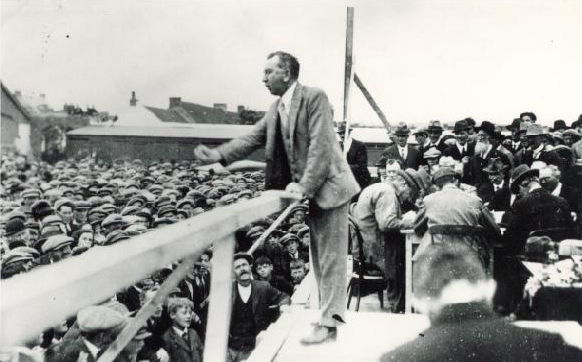Jonathan Dodd‘s latest column. Guest opinion articles do not necessarily reflect the views of the publication. Ed
There’s a lot of talk about democracy at the moment. The BBC is featuring it, and we’re all beginning to consider what shape and sort of government we might find ourselves voting for in May. I know some people find politics boring, or too complicated, or they just don’t care, but I don’t think there’s ever been a time in English democratic history when you have a greater chance to change things. I don’t know about you, but I find that exciting.
The last election was a game-changer. The only coalition governments we had in the past were during major wars. We’ve all lived through decades of political stagnation, when there were only two parties that counted, and the only way either of them could differentiate themselves was to undo the changes brought in by the previous party. As a result, we all became disillusioned and cynical, and workers all over the country found themselves on various ownership see-saws.
We’d better get used to it
But we’ve now had a coalition government for five years, and it’s been a success. Before I get lynched, I had better qualify that statement. It was believed at the time that two parties simply couldn’t work together in government without falling out, despite various European governments managing this for years and years. Whatever else they’ve done, the present two incumbent parties have proved that it’s possible. Even here. And it’s likely, according to the opinion polls, to happen again, so we’d better get used to it.
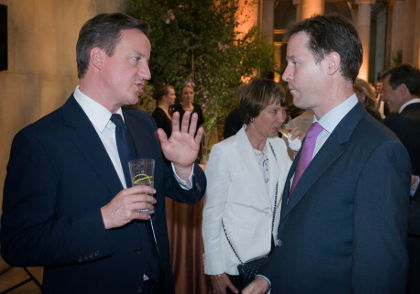
I happen to think that coalition has been good for us and for politics. OK, the LibDems were surprised to find themselves in that position. They’ve always had the luxury of supporting policies they wanted, because there wasn’t ever a hope in hell of them forming the government. They were unused to working at that level, and they initially made some naïve mistakes. They thought that a deal to get more three-year-olds in education in exchange for giving up their policy of not increasing university fees would be seen as a sensible trade-off.
They can’t vote yet, and they’re not good at marching
I think that any child who was three at the time and benefited from that extra education would no doubt agree. But they can’t vote yet, and they’re not good at marching. But apart from the mistakes, the LibDems have prevented the Tories from implementing every policy they wanted, and a lot have been dropped, like the scheme to sell off all the nationally-managed forests. The LibDems have been able to apply the brakes, and they’ve forced the Tories to do more explaining and persuasion than they instinctively want to do. Which is actually a very good thing.
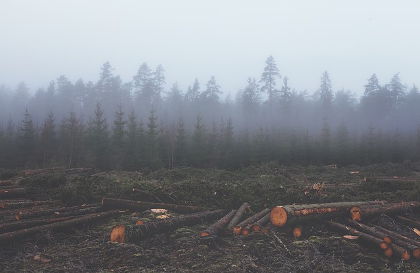
I’m sorry that the LibDems have borne the brunt of the criticism. I think this is more because of the change that’s happening in politics than their own fault. You’re allowed to call me naïve too, but I think History will give them a better report than the electorate will in May. They’ve done rather well considering they were complete beginners. And they now have a lot of candidates with actual experience in government, which will be useful in the future.
Things really do need to change
One result of the events and changes in the last few years is that neither major party has been able to keep its stranglehold on its core voters. At the moment it looks impossible for either to have a clear majority, and they’ll have to partner up again. There are endless possibilities, and numerous possible combinations to explore. We’re seeing some other parties taking up these disillusioned voters, and they will have the chance to get some MPs and influence policies too.
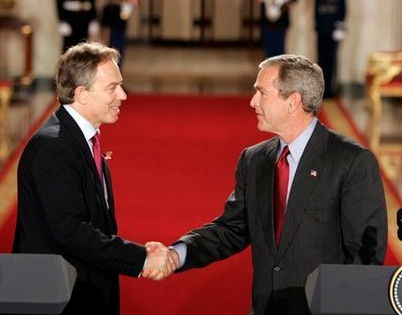
The biggest mistake of the last two years was when the LibDems allowed the Tories to out-manoeuvre them over the Proportional Representation referendum. They picked the wrong version, it was too soon, and they lost heavily. At the time I remember several commentators said the issue was dead and buried ‘for a generation’. That made me laugh, because it’ll be top of the agenda again in May. Any party that’s not Tory or Labour has to want PR. It’s a no-brainer. Currently there are 650 MPs. Ten per cent of the vote should get you 65 for your party, 20% would be 130, and 40%, traditionally enough to get you a landslide majority, would only get you 260. Not enough to form a government on your own, and quite right too, in my humble opinion. Back when Tony Blair won a landslide majority and took us to war in Iraq, only 60% of all voters actually bothered. Of them, only 43% actually voted Labour. I make that about 25% of the voting population. I don’t think those numbers are good enough to declare war. Things really do need to change.
Politics doesn’t represent anything they believe in
So. How many people would actually like to vote Green, or UKIP, or any other party? How many of them don’t vote because there’s no point in the current system? Every one of them is a lost vote, and another reason why our model of democracy doesn’t work any more. We need to become inclusive. Any party that can muster enough support should have a voice in Parliament. If they don’t, that’s another slice of the population who feel left out and unrepresented. These slices are becoming larger and more numerous. There are a lot of young people with deeply-held views who have given up on politics because it doesn’t represent anything they believe in.
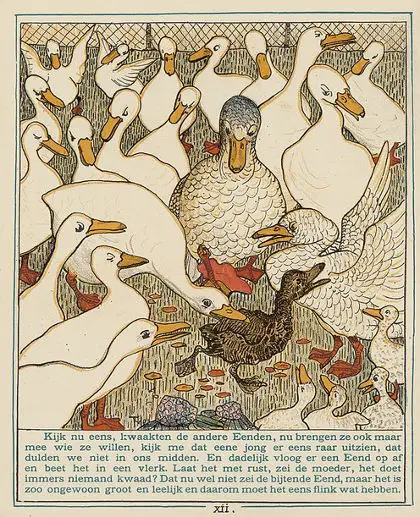
I think this change is the one we most need, because if this generation aren’t encouraged to join in, there won’t be enough people left who’ll actually vote in a few years. I think we, as a country, are a little too uncertain about change. We tend to be neophobic. I found out what that means on Winterwatch last night. We’re afraid of new things. This is a terrible shame, because we should decide what changes we want to make, rather than have changes thrust upon us. The Scots came very close to getting independence this year, and may do even better next time.
Find out if you’re living in a real democracy
The late, great Tony Benn was perhaps the last of the conviction politicians. He never compromised his beliefs, and was always in trouble because of them, but I admired him for that even though I didn’t agree with him. He suggested five questions you should ask any politician to find out if you’re living in a real democracy. I’m sure he would be happy for me to reprint them here. I wonder how your local politicians would answer them.
- What Power Have You Got?
- Where Did You Get It From?
- In Whose Interests Do You Exercise It?
- To Whom Are You Accountable?
- How Can We Get Rid Of You?
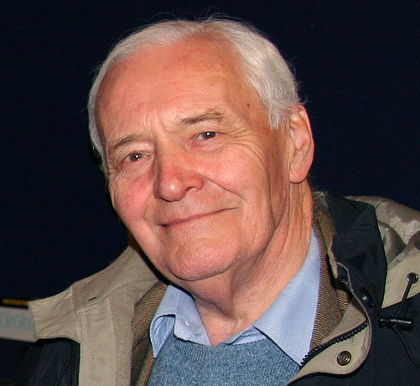
I’ve always voted, but I’ve never been able to support any of the main parties, because none of them have ever represented my views. I want more choice, and I think it’s happening despite us. I’m rather looking forward to it.
If you have been, thank you for reading this.
Image: public domain
Image: Magnus Manske
Image: Unsplash under CC BY 2.0
Image: Public Domain
Image: Public Domain
Image: Isujosh under CC BY 2.0
Image: Isujosh under CC BY 2.0

